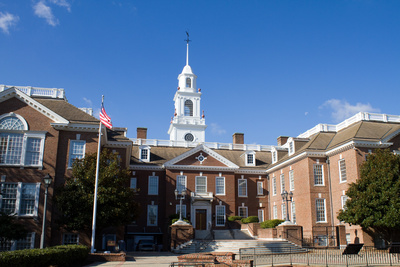
Technology & Privacy
How States Are Tackling Artificial Intelligence in Education Policy
January 21, 2026 | Abbie Telgenhof
November 4, 2025 | Morgan Scarboro
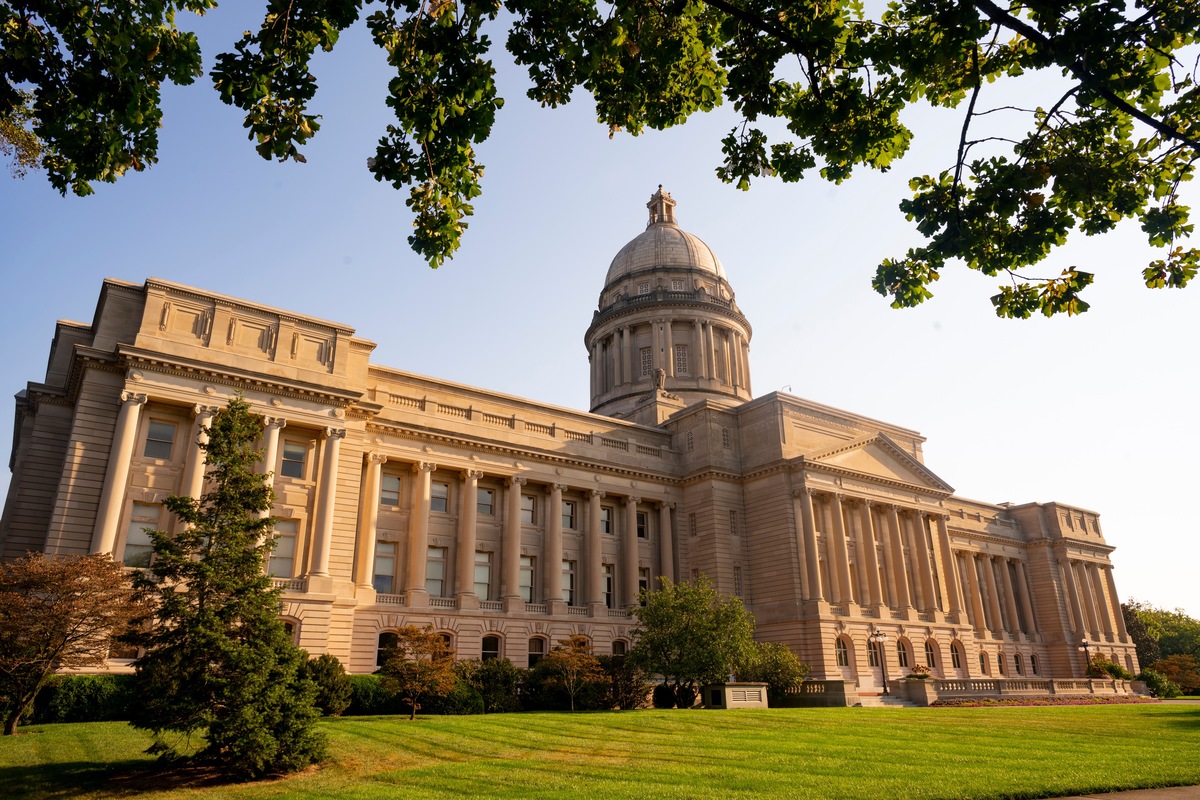
Key Takeaways:
Every year at MultiState, we survey our team of policy experts to identify the biggest trends shaping state policy and what to expect in the year ahead. It was no surprise that data centers topped the list for 2026 — but what was surprising was the range of policy angles our experts flagged: energy, tax incentives, zoning, connectivity, procurement, and more.
This variety highlights a key challenge for anyone tracking policymaker action on data centers: there’s no single policy lens. Legislation touches nearly every major — and often controversial — issue area.
To help government relations professionals make sense of this evolving landscape, we’re launching MultiState Policy Watch: Data Centers, a new biweekly subscription product offering a holistic view of state and local policy impacting data centers. The subscription will feature a biweekly newsletter summarizing major legislative trends and discussions, data centers in the news, deep dives on key issues, and a landing page for quick reference to previously covered topics — all from the perspective of MultiState’s seasoned policy experts. To learn more about this subscription, please contact Morgan Scarboro.
To kick things off, please join us for a free webinar on Wednesday, November 19 at 2 PM ET featuring our energy, technology, and tax experts. We’ll recap 2025’s key developments and preview what’s coming in 2026. Sign up here, and feel free to submit questions in advance.
As a preview of what you’ll hear during the webinar, here’s a snapshot of how data center policy evolved in 2025. This year, lawmakers in all 50 states considered 238 data center–related bills, and enacted more than 40 of them across 21 states.
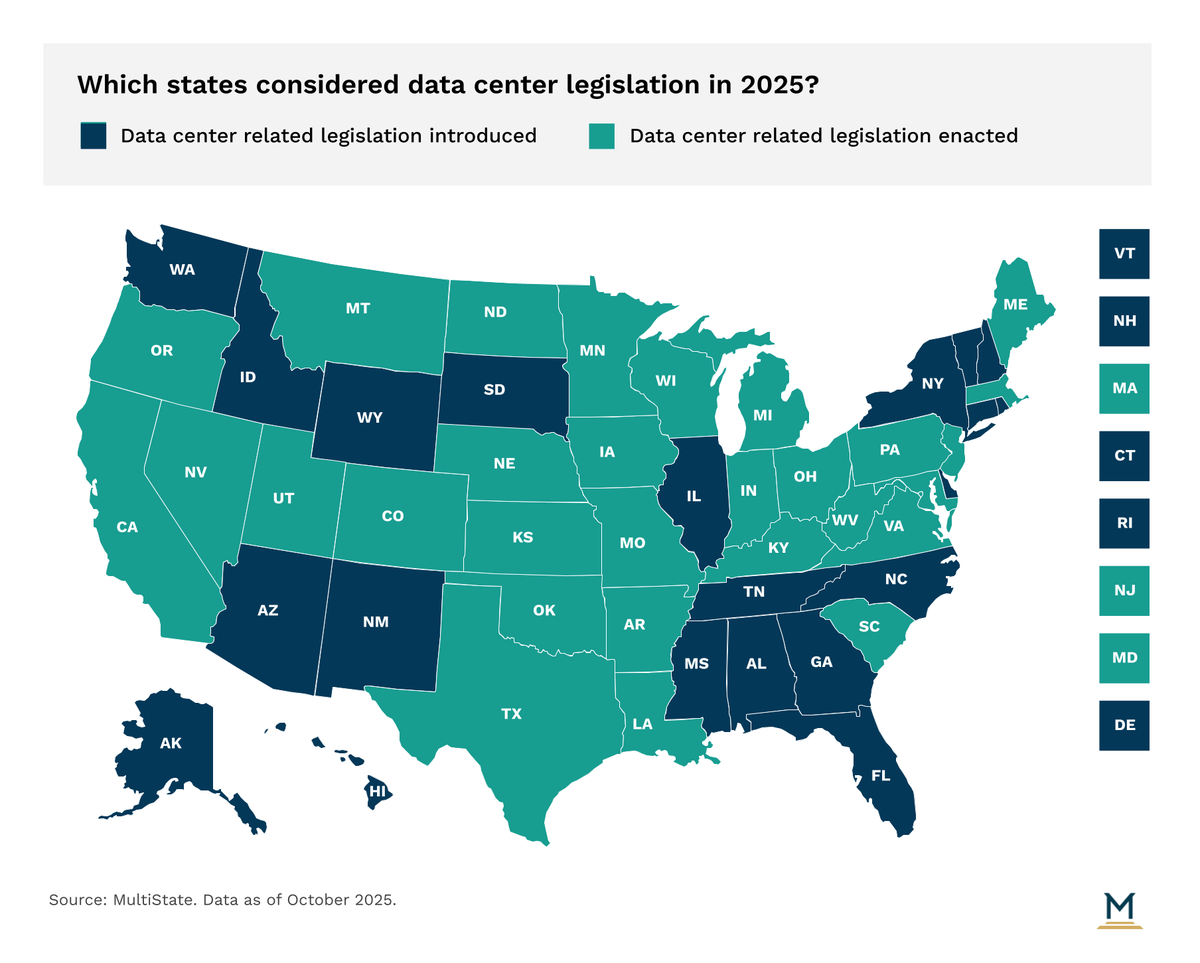
Of these, 126 addressed energy use — ranging from negotiating special rates for large customers, to promoting nuclear energy, to commissioning studies on how data centers impact the grid. To address power generation concerns, some technology companies are proposing to power data centers with small modular nuclear reactors, an issue touched on by new laws in both Maryland and South Carolina.
States also focused on water usage: sixteen states considered 39 bills affecting data center water use, including Minnesota’s HF 16, which requires a separate water-use permit process, among other energy-related changes for data centers.
And 32 states introduced 75 bills revisiting tax incentives for data centers — some expanding benefits, others narrowing them. For example, Kentucky enacted a law (KY HB 775) to create a tiered system of reduced capital investment requirements in certain localities to qualify for its data center exemption.
Virginia, unsurprisingly, remains a state to watch. The Northern Virginia suburbs — home to the highest concentration of data centers in the world, processing roughly 70% of global internet traffic — are facing growing community tension over expansion. This year, lawmakers introduced 27 data center bills, trying to balance economic opportunity with local concerns. Only one measure passed and was signed into law by the governor — VA HB 2084, directing the State Corporation Commission to review whether rate classifications are reasonable for all customers. Governor Glenn Youngkin (R) vetoed another bill (VA HB 1601/SB 1449), which would have required rezoning applicants to assess sound and water impacts.
From power and water to tax and land use, the policy landscape for data centers is expanding rapidly — and no two states are taking the same approach. MultiState’s new Policy Watch: Data Centers will help you stay ahead of the curve as these debates continue into 2026. Reach out to our team to learn more or subscribe.

January 21, 2026 | Abbie Telgenhof
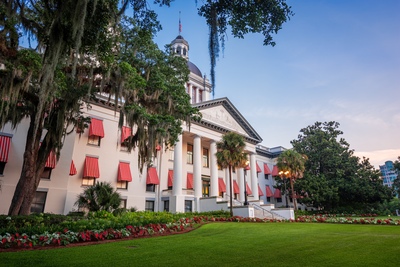
January 15, 2026 | Abbie Telgenhof
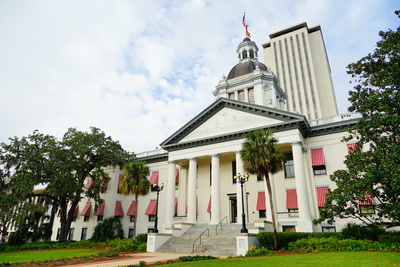
December 19, 2025 | Bill Kramer